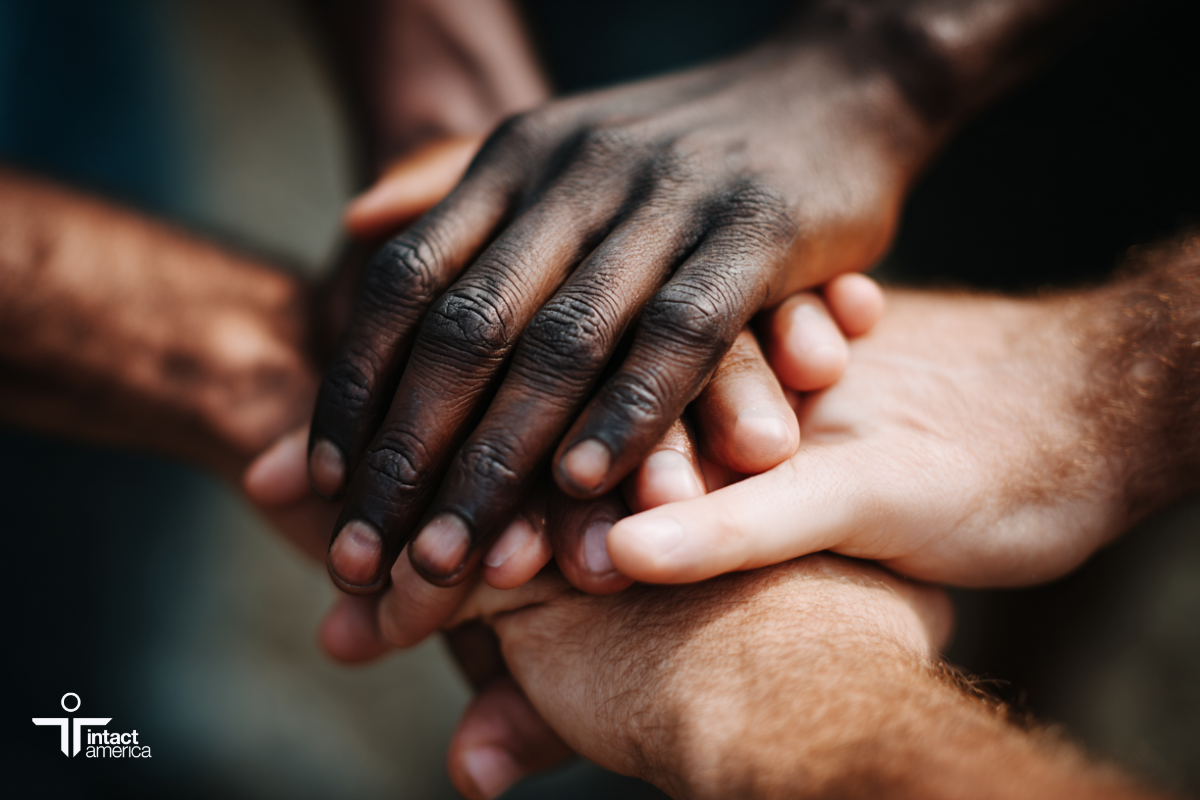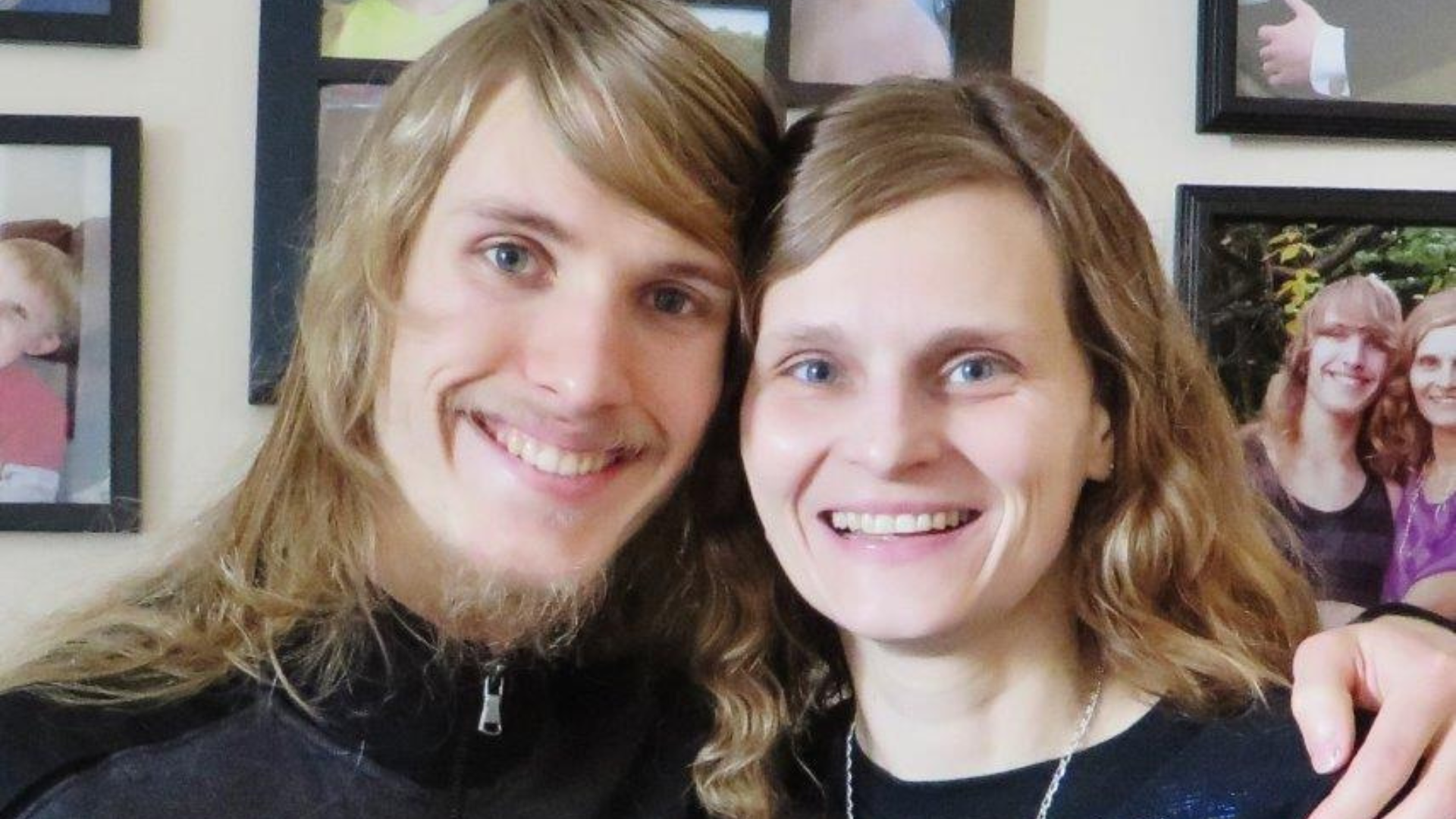There’s a piece of my body missing. That’s a big deal.
You wouldn’t have known this growing up in my family. Circumcision was a laughable topic and only regarded as a joke; never in a serious tone, and certainly never condescended upon. Like if we were having hotdogs for dinner, the crude comments would inevitably come up. My older relatives thought it was very funny for some reason, and I could not understand. My mom might wrinkle her nose and softly say something like “That’s nasty.”
Through gritted teeth, I tried not hearing the words—blocking them out as a chilling cocktail of disgust, horror and disbelief coursed through the back of my head and down my spine, seeking refuge from the words that the Grown Ups were saying. How could they not see that this is wrong?
I was circumcised as an infant in a routine hospital procedure. If they had done the right thing and left me alone when I was a baby, I certainly believe I would be a better version of myself than how I actually ended up. Things like trimming my nails bother me to this day; my best friend who trims and styles my long, golden hair probably doesn’t know why I wince at the metallic sound of her scissors.
When I was young, I had a recurring traumatic dream. It’s like I’m watching the scene from above. I’m a baby and something disturbing, something painful is happening to my body “down there,” and I don’t know what it is. I see a blue cloth and a lot of blood. I see me being passed around by family members, presumably at a table, in a room in a house. I’m swaddled up in a blanket and I’m screaming my lungs out and they are saying to each other, he’s just cranky. The same things always happened in the dream.
I don’t know what this means. I find it hard to believe I can remember something that’s impossible to remember, but having that dream over and over when I was little seems significant. I do know the dreams stopped after I figured out what had happened to me.
I didn’t know what circumcision was until I was 13 or 14, when I saw the word in the Bible that my parents had given me. I looked it up in the dictionary because I’ve always been bookish. I told my parents, “Please not to do this to me,” and their answer was something like, “Well, don’t worry, we already did,” followed by a blind parroting of the same shallow arguments of hygiene and tradition that my frantic and terrified reading through medical almanacs and Bible footnotes had yielded. Dad got angry shortly after he realized I wouldn’t back down. Mom sat in front of the computer searching for a web page that would prove her right with little original thought on her part.
I have my own theories about why my family always joked about it and got defensive when I objected. Everybody deals with pain in their own way. For me, the pain of circumcision and then being ridiculed in my own family for speaking up has shaped my life in profound ways. I’m 30 now. For years I had pickled my thoughts and feelings with alcohol and drugs (mostly alcohol) so I didn’t have to think about that part of my body. If that thing hadn’t happened to me, hadn’t been done to me, I might have been able to stay away from it.
I sought out therapists and told them my struggles stem from circumcision trauma, and they just wrote it off. “Deep down, you’re hurt by something else,” “You can’t be that upset about a piece of skin,” “Don’t you understand they just wanted to help you?” Always being met with resistance by people you trust, starting with your parents and just going forward—that does something to you. It makes you doubt yourself. How could I be wrong for wanting to keep my body the way it was designed? How does someone inflict such harm and horror on their child, and claim it to be an act of love?
Luckily, I’m surrounded by so many friends who are also against cutting baby boys. We’re a very close-knit group. I don’t talk about my feelings or experiences with most of them, but we have a mutual understanding that circumcision is wrong. I was happy when a friend who recently had a baby boy kept him intact.
I want that for every boy. No one should grow up thinking that they’re somebody’s property, or that their wishes for their body don’t matter. Think about it: If boys don’t understand that, when they start dating, they’re not going to understand consent, and a lot of bad is going to happen out of that. Teaching our boys consent starts with protecting their rights to their body.
In our family, I was told there was something wrong with me for wanting to be left whole and being outspoken about it. I was supposed to stay in line and be OK with being cut. But harm is harm, no matter what twisted motivation is used to justify it. People need to remember that whatever they do to a child, they’re not the one who has to live with that. The child is, and they’re going to be an adult one day…still having to live with someone else’s decision.
— Kay Zugar
Interested in lending your voice? Send us an email, giving us a brief summary of what you would like to write about, and we will get back to you.







No Comments